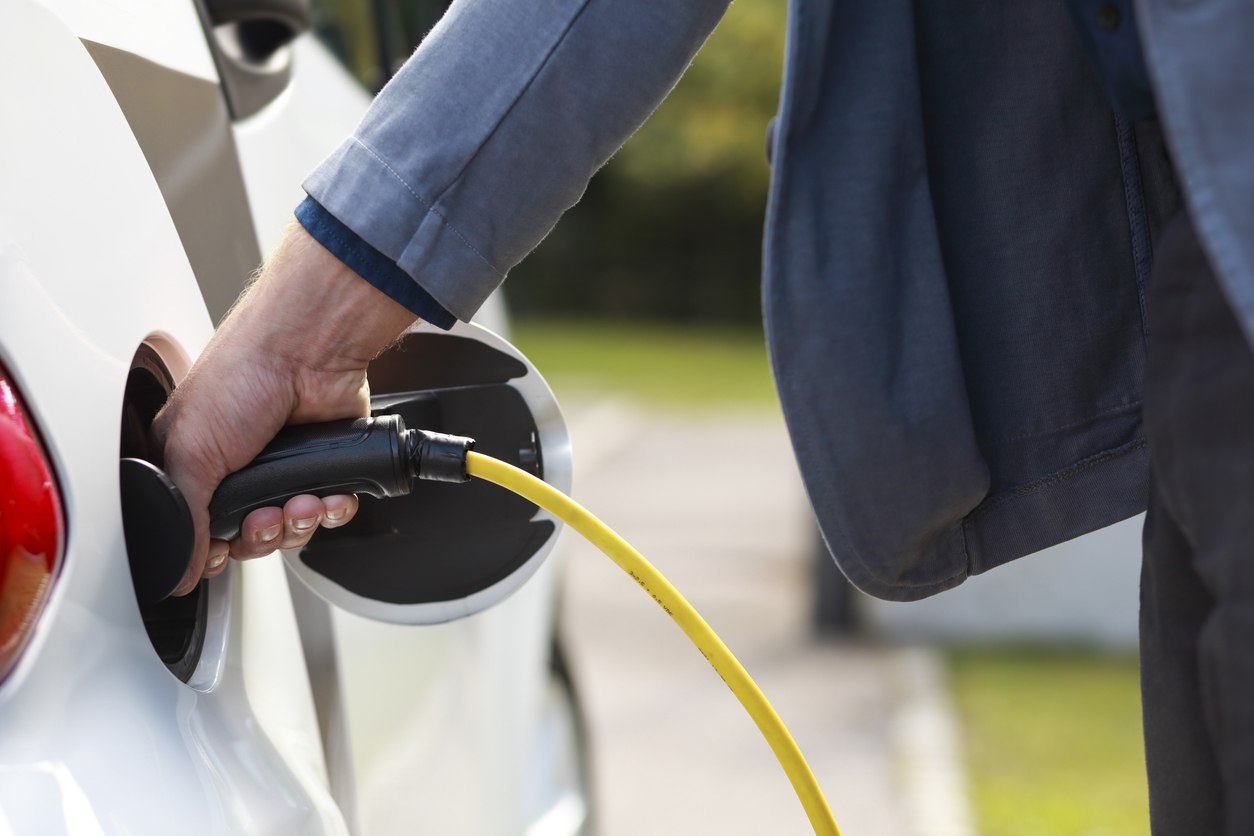
Electric vehicles (EVs) are the future of transportation, and as the EV industry continues to grow, so does the need for reliable and efficient charging solutions. The most critical components of any EV charging infrastructure is the charging cable. EV charging cables are the lifeline of electric vehicles, and without them, EV owners would not be able to charge their vehicles. This article will explore the importance of EV charging cables, the different types available, and their features.
The Importance Of EV Charging Cables:
EV charging cables are essential components of any EV charging infrastructure. They connect the charging station to the EV and allow for the transfer of electricity from the station to the vehicle’s battery. Without charging cables, EV owners would not be able to charge their vehicles, making EVs unusable.
Charging cables also play a crucial role in the safety of EV charging. They are designed to withstand high voltages and currents and prevent electrical shock hazards. Charging cables also incorporate safety features such as thermal sensors, which prevent overheating and electrical fires. Jucer offers a wide range of high-quality EV charging cables that are designed to provide safe and reliable charging for electric vehicles.
Types Of EV Charging Cables:
There are several types of EV charging cables available on the market. The most common types are:
Type 1:
Type 1 charging cables are used in North America and Japan and are commonly found in electric vehicles such as the Nissan Leaf, Mitsubishi i-MiEV, and Ford Focus Electric. They have a 120V/240V AC supply and a maximum charging rate of 16 amps.
Type 2:
Type 2 charging cables are widely used in Europe and are compatible with most EVs. They have a 230V AC supply and a maximum charging rate of 32 amps. Type 2 charging cables are also known as Mennekes connectors.
CHAdeMO:
CHAdeMO charging cables are used for fast charging and are commonly found in EVs such as the Nissan Leaf, Kia Soul EV, and Mitsubishi i-MiEV. They have a 480V DC supply and a maximum charging rate of 125 amps.
CCS:
CCS charging cables are also used for fast charging and are compatible with most EVs. They have a 480V DC supply and a maximum charging rate of 350 amps. CCS charging cables are also known as Combo connectors.
Features Of EV Charging Cables:
Length:
EV charging cables come in different lengths, ranging from 3 meters to 10 meters. The length of the cable is an essential factor to consider when purchasing an EV charging cable. A longer cable allows for more flexibility in charging locations, while a shorter cable is more convenient for storageand portability.
Amperage:
The amperage rating of an EV charging cable determines the charging speed. A higher amperage rating means a faster charging speed. However, it is essential to note that not all EVs can handle high-amperage charging. It is important to check the vehicle’s charging specifications before purchasing a charging cable.
Plug Type:
As discussed earlier, there are different plug types for EV charging cables. It is important to ensure that the plug type of the charging cable is compatible with the EV being charged and the charging station.
Safety Features:
EV charging cables incorporate safety features such as thermal sensors and overload protection. These features prevent electrical fires and ensure safe and reliable charging.

